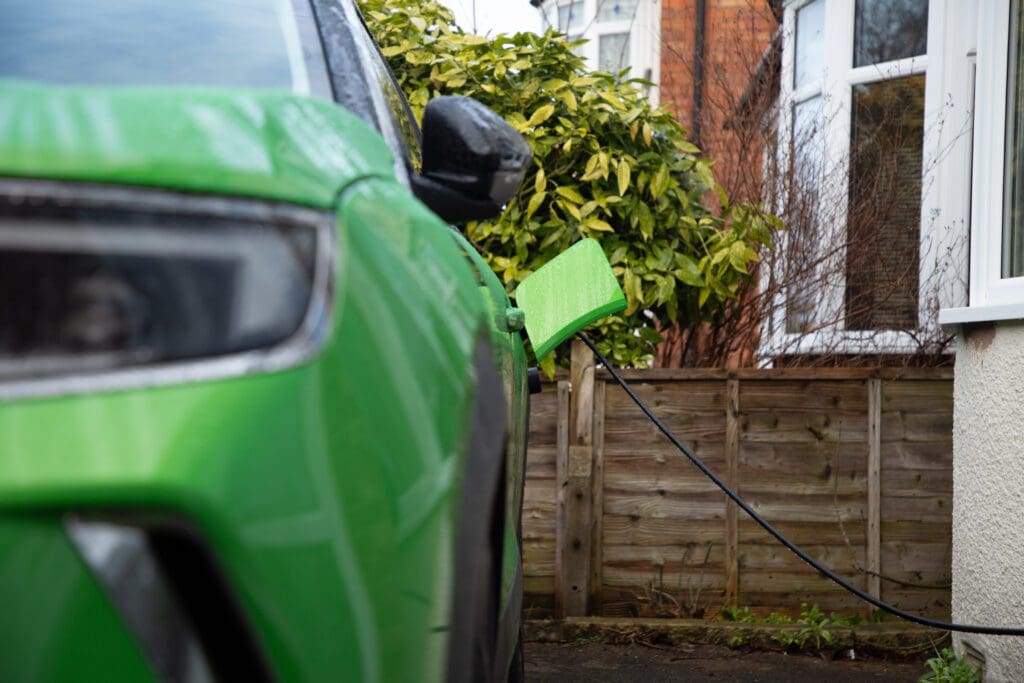The Ultimate Guide to Grants for Switching to Renewable Energy

As a homeowner in the UK, you have the opportunity to make a positive impact on the environment while also benefiting from energy-efficient upgrades to your home.
Here we explore the various grants and schemes available to help you switch to renewable energy and make your home more sustainable.
From solar panels to insulation, we will cover everything you need to know to lower your carbon footprint and save money on your energy bills.
Understanding the Green Deal
The Green Deal is a government initiative designed to assist homeowners in making energy-saving improvements to their homes. The goal of the Green Deal is to provide financial support and guidance to individuals who wish to make their homes more energy-efficient. Some of the improvements covered by the Green Deal include insulation, heating, draught-proofing, double glazing, and renewable energy generation such as solar panels or heat pumps. By making these improvements, homeowners can significantly reduce their energy consumption and lower their carbon emissions.
To determine if your property is eligible for the Green Deal, you can contact the relevant authorities in your country. In England and Wales, you can seek advice about energy-saving improvements by calling the Home Energy Scotland if you live in Scotland. However, it’s important to note that the Green Deal is not available in Northern Ireland.
The Smart Export Guarantee (SEG)
Another scheme that can help homeowners switch to renewable energy is the Smart Export Guarantee (SEG). This scheme allows small-scale low-carbon electricity generators to receive payments for surplus energy they export back to the grid. While not a direct government grant, all licensed suppliers are required to offer an export tariff to their customers, with larger suppliers being obligated to participate and smaller ones being able to partake voluntarily.
One of the main benefits of the SEG is that it allows homeowners to shop around for the best price per kilowatt-hour (kWh) for their exported energy. By choosing the right SEG Licensee, homeowners can maximize their earnings and ensure they are getting the best deal. According to current rates, homeowners with a 3.5 kWp solar panel installation can earn an average of £112 per year under the SEG.
To be eligible for the SEG, homeowners must have regular solar panel systems with a capacity of up to 5MW. Additionally, the property must be fitted with a smart meter to measure the exports. Some energy suppliers may also offer special rates for energy exported from specific solar battery storage systems.
Applying for the SEG requires homeowners to shop around for an SEG Licensee and apply directly to them. Each Licensee will have its own specific application process, so it’s important to follow their instructions. It’s worth noting that before applying for SEG tariffs, homeowners should ensure they have a high-quality and appropriately sized solar panel system installed to maximize their savings.
Reduced VAT for Energy-Saving Products
In April 2022, a new initiative was introduced to provide reduced VAT on the materials and installation of energy-efficient measures in UK homes. This reduction from the standard VAT rate of 5% to 0% aims to encourage homeowners to invest in energy-saving technologies and reduce their carbon footprint.
The 0% VAT rate applies to a range of energy-saving materials, including solar panels, heat pumps, insulation, and more. By taking advantage of this reduced VAT rate, homeowners can save a significant amount of money on the installation costs of these energy-efficient measures. The savings can be even more substantial over time, as homeowners can also benefit from reduced energy bills.
To be eligible for the 0% VAT rate, homeowners must ensure that the installation and energy-saving materials meet specific requirements. The primary work must be for the energy-saving materials, although other goods or services can be installed at the same time. It’s important to consult the government’s website for detailed information on eligibility criteria and how to apply for the 0% VAT rate.
Expired Schemes: Domestic RHI and Feed-In Tariff (FIT)
While the Domestic Renewable Heat Incentive (RHI) and Feed-In Tariff (FIT) schemes have expired, it’s worth mentioning them as they were significant incentives for homeowners to switch to renewable energy.
The Domestic RHI allowed homeowners to save up to £2,981 on solar thermal panels. This scheme provided payments over a period of 7 years, helping homeowners recoup the costs of their installations. Solar thermal panels utilize sunlight to heat water, making them an excellent option for central heating systems and supplying hot water to taps and showers.
The FIT scheme, on the other hand, rewarded homeowners for generating electricity through solar panels or wind turbines. Homeowners received payments for each unit of electricity they produced and for any excess electricity they sold back to the grid. While the FIT scheme is no longer open for new applications, those who are already registered continue to benefit from it for a total of 20 years from the date of registration.
The Future of Renewable Energy Grants
As the UK continues to prioritize renewable energy and carbon reduction, the government is introducing new schemes and initiatives to support homeowners. The Clean Heat Grant and Green Gas Support Scheme are two upcoming programs that aim to replace existing schemes and provide upfront funding for integrating green heating technologies and increasing the amount of green gas in the national grid, respectively. These programs will offer homeowners additional opportunities to switch to renewable energy and contribute to a more sustainable future.
It’s important to stay updated on the latest government announcements and changes to grant programs. Regularly checking official government websites, such as the GOV.UK business finance and support finder, can provide valuable information on available grants and support schemes. Additionally, energy suppliers may offer their own energy-efficiency schemes or grants, so it’s worth contacting them to explore any potential opportunities.
Switching to renewable energy is not only beneficial for the environment but also for homeowners’ wallets. By taking advantage of grants and schemes, homeowners can significantly reduce their energy consumption, lower their carbon emissions, and save money on their energy bills. From the Green Deal to the Smart Export Guarantee and reduced VAT rates, there are various avenues for homeowners to explore when considering renewable energy upgrades.
It’s crucial to conduct thorough research and ensure eligibility for specific grants and schemes. By staying informed and taking advantage of available support, homeowners can make their homes more energy-efficient, contribute to a greener future, and enjoy the financial benefits of renewable energy.





